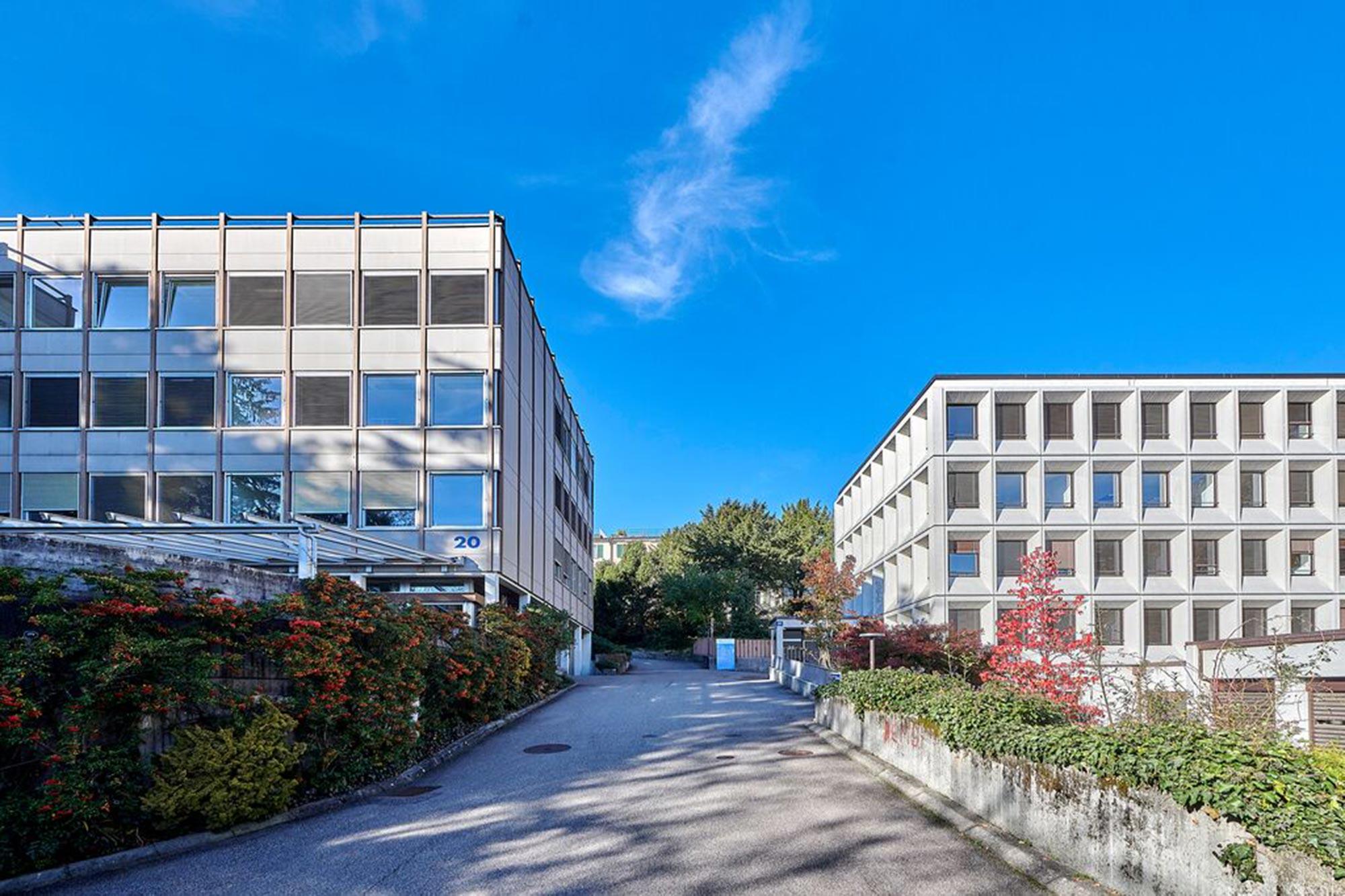More strategic competencies for the Research Council – Evaluation remains part of mandate

As part of its reorganisation, the SNSF has defined the tasks of the Research Council as of 2025. The Council will gain further strategic competencies and continue to be responsible for the evaluation of research projects.
The Research Council is the scientific body of the SNSF. Consisting of 100 leading researchers, it is responsible for the evaluation of several thousand research projects each year and for making the corresponding funding decisions. As an honorary body, the Research Council is supported by numerous evaluation panels composed of approximately 1000 experts from Switzerland and abroad.
Ensuring good conditions
As part of the reorganisation of the SNSF, the Research Council will take on additional tasks from 2025. Thus, it will now have a commission that deals with strategic issues. The commission can set up working groups, for example on open research, equal opportunities in research or international cooperation. In this way, the Research Council, in accordance with its mandate, wants to continue to ensure good conditions for scientific research in Switzerland and its funding.
Evaluation remains part of the mandate
The Research Council will also continue to be responsible for evaluating research projects as of 2025. It will chair the evaluation panels, make funding decisions and ensure high standards in evaluation.
The SNSF Foundation Council has also decided that the members of the Research Council can continue to evaluate research projects themselves in addition to their strategic tasks and leadership role. The requirements for the division of roles will be taken into account. The Research Council considers evaluation to be necessary in order to keep abreast of the latest developments and to incorporate this knowledge and experience into the SNSF's funding policies.
Stronger position
“With the reorganisation, we are strengthening the position of the Research Council and making even better use of the outstanding expertise of its members. Its tasks will gain in importance, complexity and diversity, for example when developing strategic issues,” says Jürg Stahl, President of the Foundation Council. “In this way, we are also strengthening the principle that the science community itself implements research funding on behalf of the federal government. This aspect is central to the successful working of the SNSF.”
The Research Council will now have a maximum of 80 members. The details of its future organisation and tasks will be elaborated by the SNSF in the coming months. As has been the case during the entire reorganisation since 2022, it will conduct internal and external consultations in this context. “Going forward, we will continue the reorganisation in close consultation with the researchers. Our goal is to guarantee today’s high quality standards in project evaluation also in the face of an increasing number of applications from very different fields, and to continue to make the best possible use of researchers’ expertise in the evaluation,” says Jürg Stahl.
New organisation
The reorganisation is based on the fully revised Statutes of the SNSF, which were approved by the Federal Council in June 2023. With these Statutes, which come into force on 1 January 2024, the SNSF is laying the foundations for its new organisation, in accordance with the requirements of good organisational management. In this way, tasks and competencies are clearly defined and processes transparent.
The Statutes specify the competencies in strategic matters: the Foundation Council continues to be responsible for the overall management of the SNSF, the Research Council will in future have even greater responsibility for shaping the funding schemes and measures. The higher education institutions and scientific organisations will represent their interests in the new Delegates Assembly.